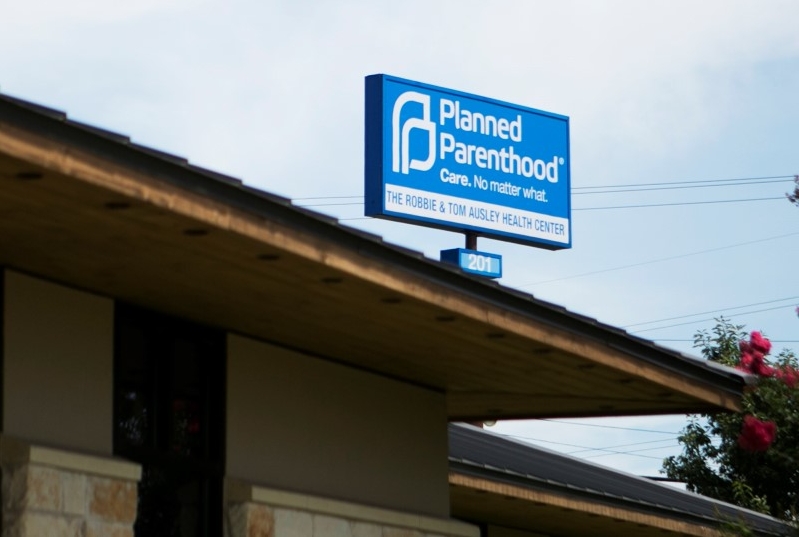
Texas is proposing new regulations for abortion providers that would require them to dispose of aborted fetal tissue either through burial or cremation, saying the measures are intended to preserve human dignity.
Abortion rights groups contend the regulations could help deter abortions in the socially conservative state. They would force providers to seek disposal through crematoriums or funeral homes, and those business could face a backlash if they are seen as being aligned withabortion providers
The regulations were entered into the July 1 Texas Register and could take effect as early as September. They come after the state was handed a stinging defeat by the U.S. Supreme Court last month when it struck down the state's restrictions on abortion clinics that led many to cease operations.
"The Health and Human Services Commission developed new rules to ensure Texas law maintains the highest standards of human dignity," said Bryan Black, a spokesman for the commission.
The commission will decide whether to adopt the regulations after conducting a 30-day comment period. The regulations eliminate other means of disposal that include grinding and discharging into a sanitary sewer system as well as disinfecting and then disposing in a sanitary landfill.
Republican Governor Greg Abbott said he wants lawmakers, when they meet next year, to make the proposed regulations state law.
"Governor Abbott believes human and fetal remains should not be treated like medical waste, and the proposed rule changes affirms the value and dignity of all life," his office said in a statement.
The Texas limitations would be far more stringent than regulations in almost every other state, which allow aborted fetal tissue be disposed of in a similar fashion to human tissue, according to the Guttmacher Institute, an abortion rights group whose data is used by both sides in the debate.
"This approach is relatively new and it can open up new pressure points on abortion providers," said Elizabeth Nash, the senior state issues associate in the Guttmacher Institute's Washington office.
Republican-dominated Indiana and Louisiana enacted similar regulations to take effect this year but the moves have been put on hold by legal challenges, Nash said.
In a 5-3 ruling, the Supreme Court in June struck down Texas abortion restrictions that had been adopted by several other states.
The court said key provisions of the law -- requiring abortion doctors to have difficult-to-obtain "admitting privileges" at a local hospital and requiring clinics to have costly hospital-grade facilities -- violated a woman's right to an abortion.







